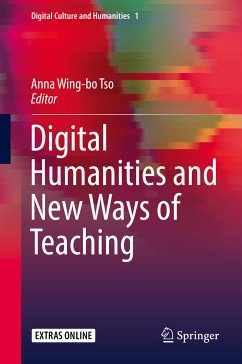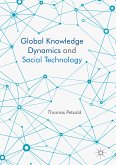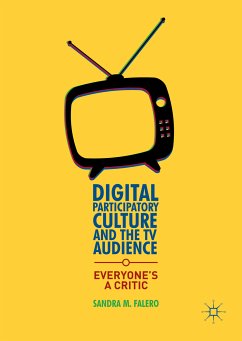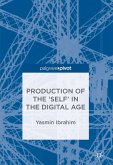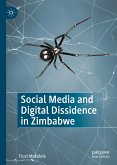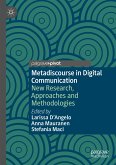With the growing advancement of digital technology, humanistic inquiries have expanded and transformed in unfathomable complexity as new content is being rapidly created. The emergence of electronic archiving, digital scholarship, digitized pedagogy, textual digitization and software creation has brought about huge impacts on both humanities subjects and the university curricula in terms of nature, scope and design. This volume provides insights into what these technological changes mean for all the stakeholders involved and for the ways in which humanities subjects are understood. Part 1 of this volume begins with a broad perspective on digital humanities and discusses the current status of the field in Asia, Canada and Europe. Then, with a special focus on new literacies, educational implications, and innovative research in the digital humanities, Parts 2-4 explore how digital technology revolutionizes art forms, curricula, and pedagogy, revealing the current practices and latest trends in the digital humanities.
Written by experts and researchers across Asia, Australia, Canada and Europe, this volume brings global insights into the digital humanities, particularly in the education aspect. It is of interest to researchers and students of cultural studies, literature, education, and technology studies.
The strongest point of this collection of work is that, it brings important concepts to the study of digital literacies, for example, looking at it from the perspective of new literacies, languages and education.
Daniel Churchill, Associate Professor, Faculty of Education, The University of Hong Kong
With a rapidly growing advancement in digital tools, this book has made a relevant contribution by informing readers what the latest development of these tools are, and discusses how they can aid research, libraries, education and even poets across different continents.
Samuel Kai-wah Chu, Associate Professor, Faculty of Education, The University of Hong Kong
Dieser Download kann aus rechtlichen Gründen nur mit Rechnungsadresse in A, B, BG, CY, CZ, D, DK, EW, E, FIN, F, GR, HR, H, IRL, I, LT, L, LR, M, NL, PL, P, R, S, SLO, SK ausgeliefert werden.

